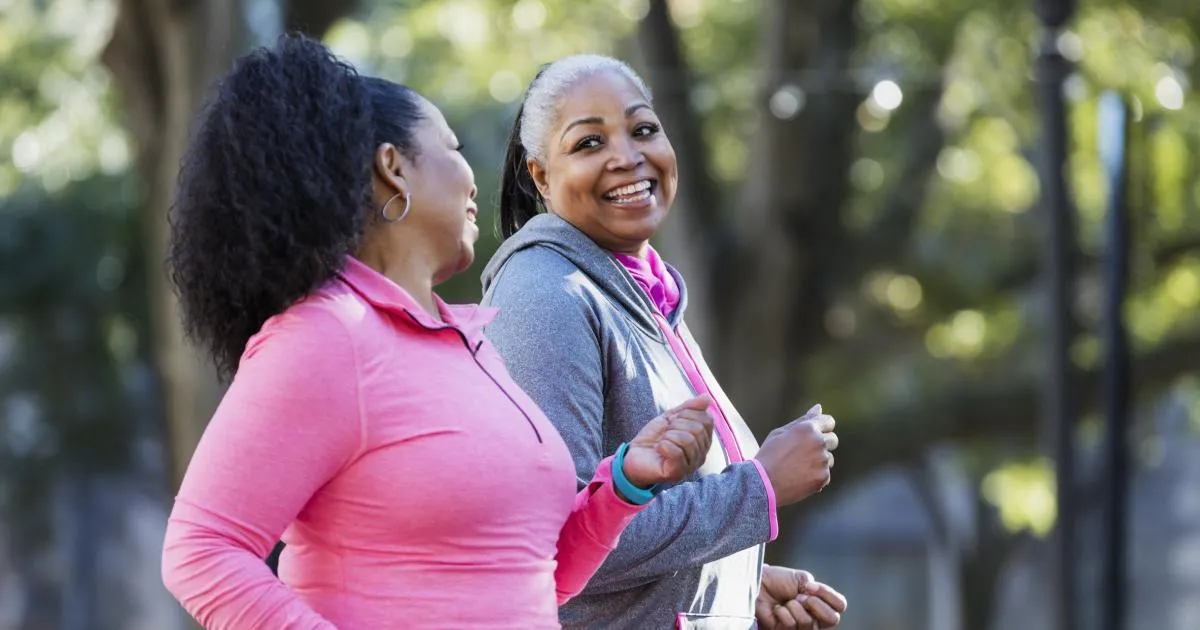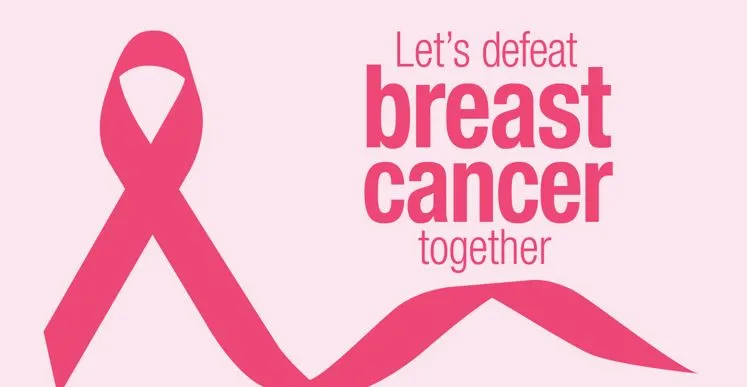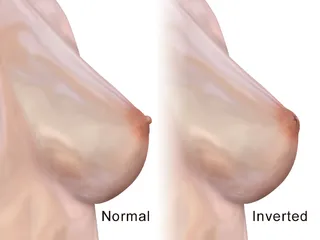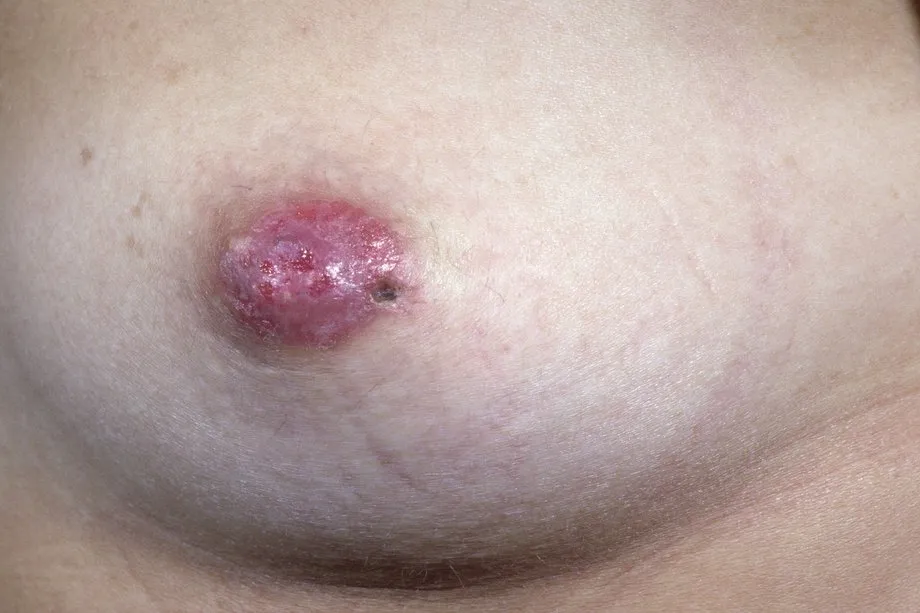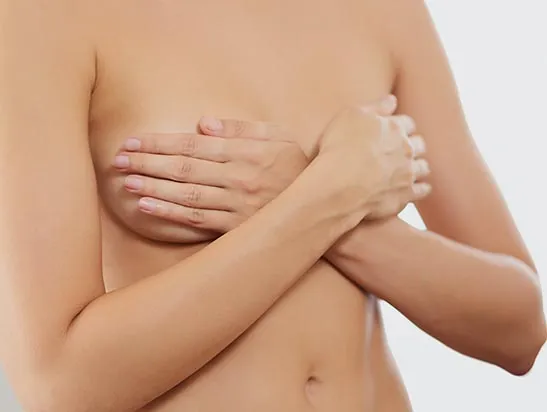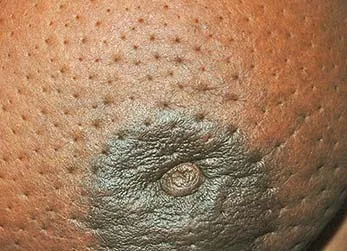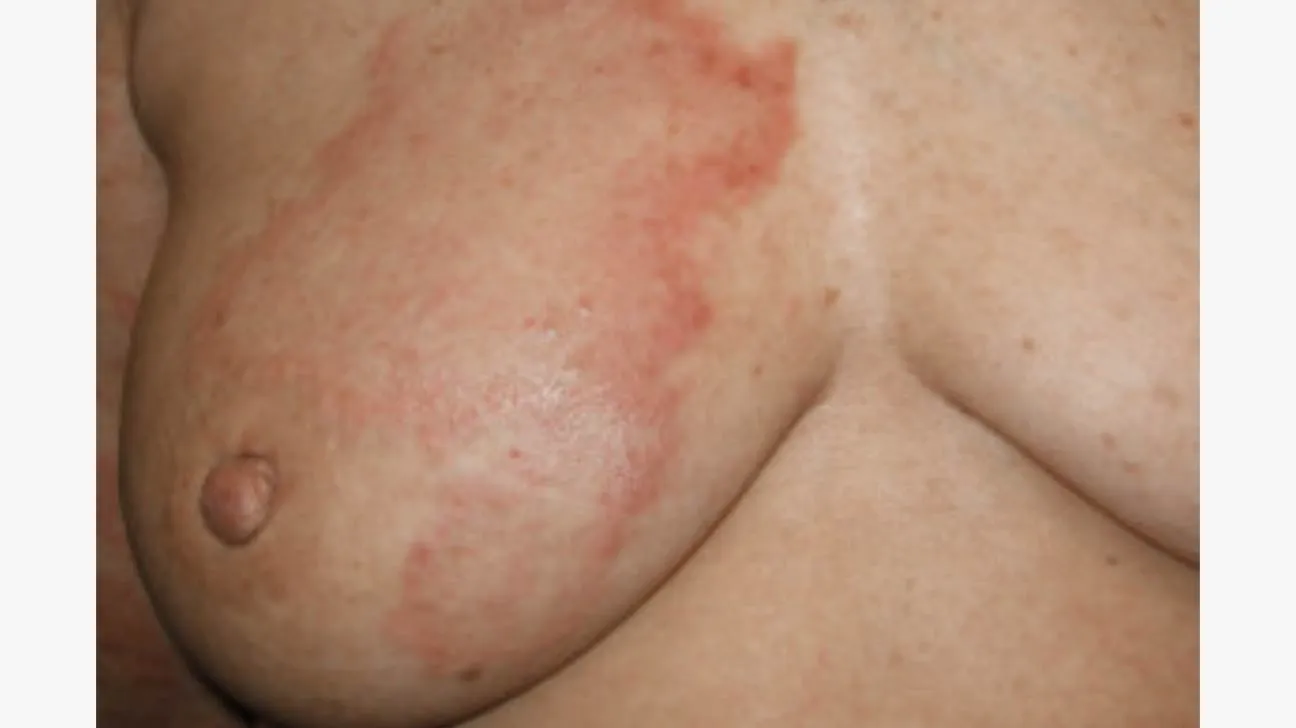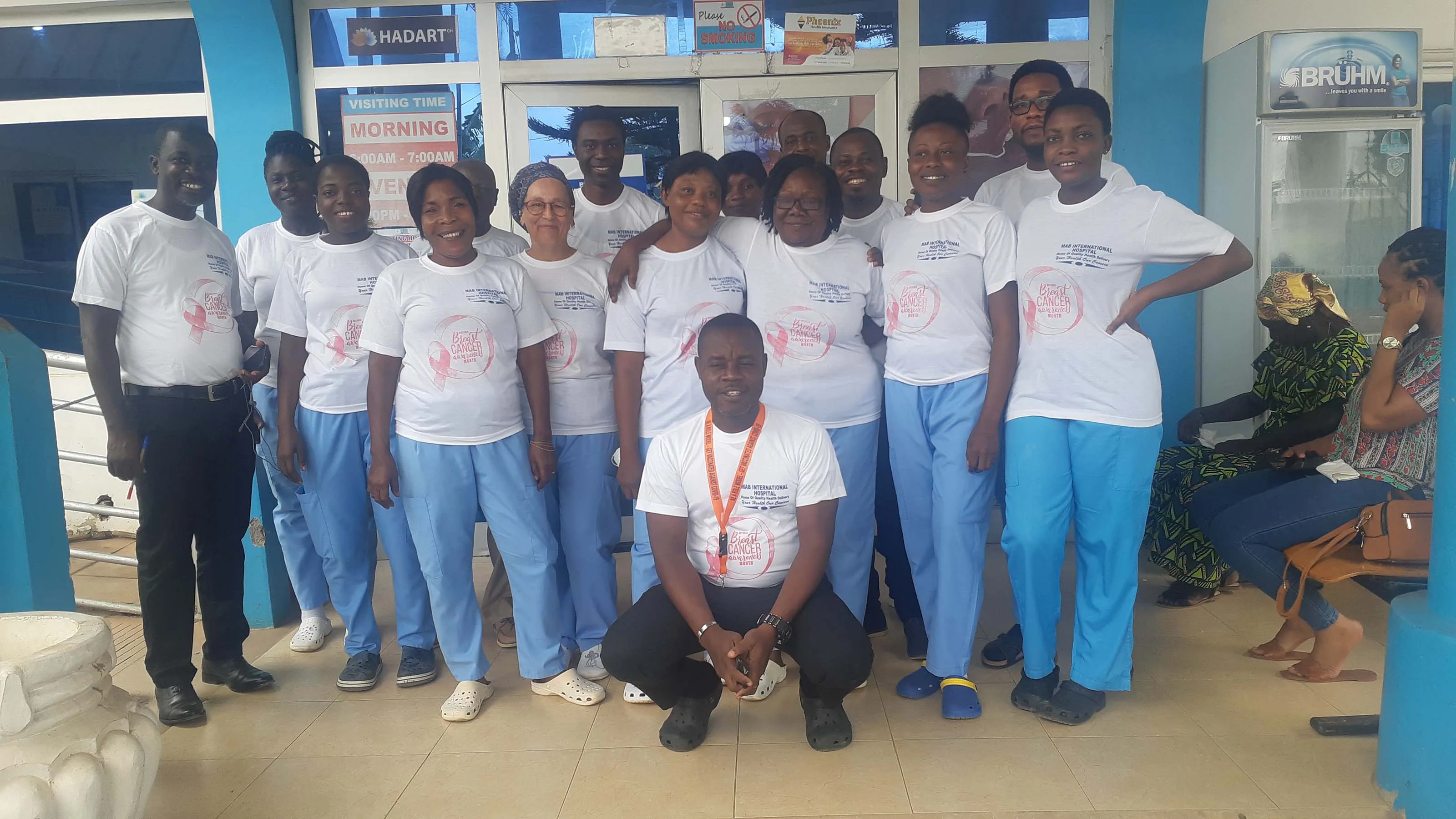Breast cancer
What it is?
Breast cancer occurs when faulty breast cells divide and grow without control, sometimes invading the surrounding tissue. In some cases, the cancer may grow very slowly, while in others it develops more rapidly.
Facts
It’s normal for the breasts to be a different size or shape from each other and to differ from other women.
Breasts also change throughout your life, often due to the effects of hormones.
Hormones can also make your breasts feel different at certain times of the month for example, just before a period they may feel lumpy and tender. As you get older, your breasts may become smaller and feel softer
Signs and symproms
Inverted Nipple
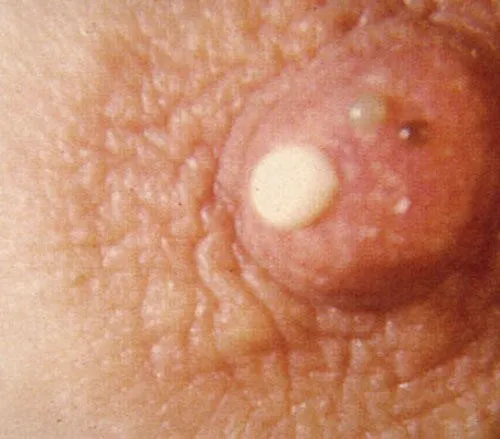 Nipple discharge
Crusty nipple
Itching or burning dimples of breast
Skin like orange peel
A change in breast colour, reddening or inflammation
Nipple discharge
Crusty nipple
Itching or burning dimples of breast
Skin like orange peel
A change in breast colour, reddening or inflammation
Investigations
A clinical examination by a doctor or specialist
imaging (mammography and/or ultrasound); and
a biopsy
Risk factors
Being a woman
Old Age
Family history
Radiation
Menstrual history
Reproductive history
Exercise
Alcohol
Being exposed to hormones for long, uninterrupted periods can affect your breast cancer risk.
Taking certain oral contraceptive pills over the age of 40.
Not having children, or having your first child after 30 years.
Breastfeeding for a short time, or not at all.
Early commencement of menstruation (<12yrs) and late age at menopause (>55yrs)
Management
Maintain a healthy weight Eat a diet that is rich in fruits, vegetables and whole grains.
The more alcohol a woman drinks, the greater the risk of breast cancer later in life.
A lifestyle with little physical activity can increase your risk
Regular exercise appears to reduce the risk.
Self breast examination
Visit MAB Int. Hospital for Regular check ups Lets Fight It Together
Book An Appointment Now
